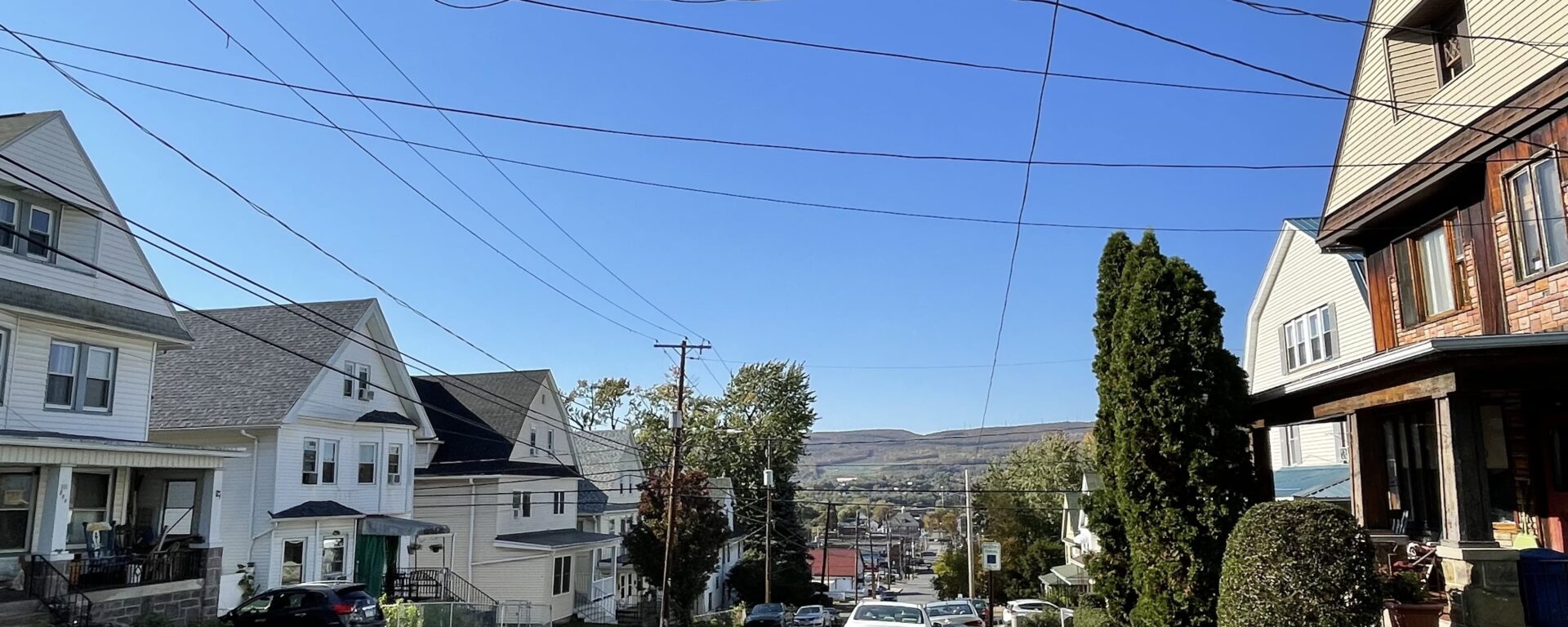Skyrocketing home prices in Scranton are triggering local government officials to reassess the value of homes for the first time in five decades to draw in greater tax revenue to the city’s coffers.
Historically low interest rates coupled with the pandemic saw elevated home prices across the country as buyers scrambled to get deals. Now local governments are hoping to capitalize on those market value gains by reassessing real estate properties to capture much-needed property tax revenue used to pay for education and other services.
In July, Lackawanna County started a new property tax reassessment plan to assess more than 107,000 properties beginning with two regions by the Spring of 2025, which local officials believe is currently taxed below its market value. The new plan will take effect starting in January 2026.
“The county is just losing too much tax [revenue] now,” said Patrick Tobin, Director of the Office of Assessment & Appeals of Lackawanna County. “It’s just the time to bring everyone up to the same level.”
Lackawanna county’s average property tax bill is $1,954 per year, or 1.43% of property’s assessed value. That’s slightly lower than the average tax bill of Pennsylvania $2,223.
Former Lackawanna County Commissioner Mike Washo lauded the move by city officials, arguing the reassessment should have been done earlier. “We never fully embraced the reassessment and that was a big mistake,” said Washo. “County commissioners were afraid that they would be voted out of office if they do a reassessment.”
The county couldn’t raise property taxes partly due to its “uniformity rule,” which keeps the tax relatively the same in neighborhoods. Landlords have also taken advantage of appealing every year, which has kept market values low even for a brand new house.
“All these valuable real estates are worth more than the assessed value,” said Tobin. “Even though you might have a brand new house, they end up getting reduced to reflect similar homes in the neighborhood, regardless of age.”
Republicans and Democrats alike seemed to agree on the new reassessment plan with some candidates supportive of the measure.
“I don’t want to put Republicans or Democrats on it. We pay taxes for reasons,” said William Torbeck, a Republican candidate for the state Legislature.
Skyrocketing Prices
Home prices in and around the Scranton area have continued to keep rising.
In September, they jumped 19% higher at a medium price of $154,000 compared to a year ago, according to online real estate brokerage Redfin. Other nearby neighborhoods, such as Dickson City, saw home prices surge 54.5% with a median price of $137,000 and Clarks Summit jumped to 69.1% with a median price of $339,000.
Buyers have also been quick to rush out to purchase properties. Homes, on average, are selling within 20 days, after being on the market for 259 days last year by comparison.
“The demand is bigger than supply,” said Sujin Huber, a sales associate of Berkshire Hathaway. “Since Covid19, people who started working from home are looking for better places to live. Scranton, a suburban area, which is only a two hours commute from New York, connected by highway I-84 and I-81, can be a great option.”
Ana De Los Santos recently bought a multi-family home downtown near Scranton University and two regional medical centers after her daughter introduced the area to her.
“I first put an offer in New Jersey with double the price of Scranton, but it didn’t work out,” said Los Santos. “The price and value of the house didn’t match.”
The initial two-family home Los Santos bid on in New Jersey was for $400,000 with an annual property tax bill of $11,000. She ended up purchasing a $215,000 home, which includes two 1,200 square-foot apartments, with a $4,000 property tax bill.
While Scranton is known for a high property tax compared to other neighborhoods, De Los Santos still finds it a deal compared to other localities.
“I don’t think it will go up compared to New Jersey and hope it doesn’t,” she said. Instead, she sees the potential return on investment in her home purchase already. It has increased $30,000 since the initial sale at the current value of $245,000.
Still, other residents worried about whether budget officials would do a good job managing the new funds from higher property taxes.
“If you look at historically where the budget has been going in the shortfalls, there has been a growth mismanagement of all these funds for the longest time,” said Steven Davish from Clarks Summit, who pays $5,000 for the property tax on his home.

